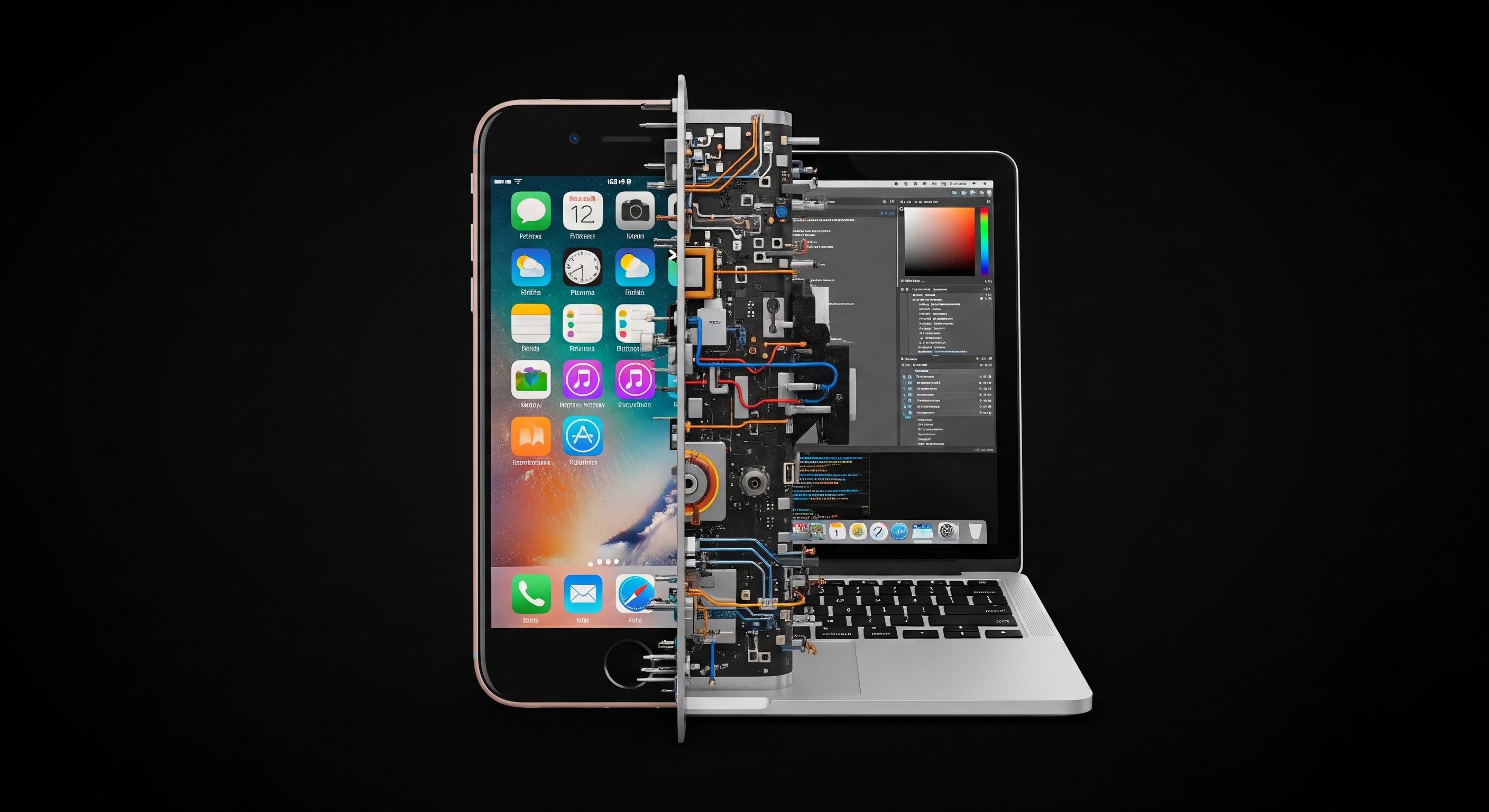So naturally we do write a lot of articles about internet connectivity issues here at TechZim. I mean it comes with the territory as in today’s world the internet has become synonymous with technology. Because we are consumers, just like most of our readers, most of our articles tend to be written from their point of view-we are inherently biased.
Networking with internet access providers opened my eyes
To me life should be simple. I want to have a 100 mbps line with unlimited internet at a price I can afford. I do not want my internet to be shaped or monitored. I want to download torrents whenever I feel like it. But we do not always get what we want and as customers we lay the blame on our service providers because they are the gatekeepers and somebody has to be the villain.
During the Potraz peering workshop (still ongoing at the moment) I learnt a lot about what Internet Access Providers go through on a daily basis. I do not envy them at all. So next time you think of blaming them for expensive internet or whatever it is you think they have done wrong here are a few things to keep in mind:
- IAPs are overtaxed in my opinion, in addition to the usual licence fees, corporate tax, internet tax, the 2% tax that everyone is ranting about and PAYE they are also paying 40% tax on all ICT equipment that they are importing. They have no option but to pass these costs down to the consumer. So informal or not it seems despite the government claiming we are not paying our taxes we are doing so due to inflated internet prices. The government is at least partly to blame for the high internet prices we are paying.
- Close to 95% of our internet content is essentially being imported. This means that most of the internet relies on international bandwidth which is expensive. Data centres are not exactly cheap to build and the government is not helping with its greedy 40% tax on all ICT equipment then there is the ZESA problem. So most local data centers are basically for the internet provider’s own use. Next time you think of comparing out data prices to those of South Africa remember about 70% of the content consumed in South Africa is now hosted or at least cached locally. Cloudflare and Google for example have servers in South Africa.
- After I point blank accused them of violating net neutrality using their WhatsApp bundles and creating a situation where for most people WhatsApp is the internet, one of the MNO’s (Mobile Network Operators) reps turned the question back to me. What would you have us do? What would you do if you were in our shoes? My mind went blank. I was ashamed when I realised I would do exactly what they are doing.
IAPs are not entirely blameless
I am forgetting the details but sometime ago Google wanted to install cache servers here in Zimbabwe on the premises of one then popular ISP. The offer was refused. The way I heard it, this was because of a disagreement with regards as to who would bear the costs. Google wanted the server hosted for free. Given our internet situation having local Google Cache servers would be a coup.
Why are our ISPs not looking into that? As a speaker from the Rwandan Internet Exchange pointed out, it is advantageous to have local cache servers for popular services such as YouTube, Google, Cloudflare, Netflix, Windows and Facebook within the country. It would result in enormous bandwidth savings that would more than cover the cost of hosting the cache servers methinks. It would also lead to reduced latency.
Not doing this with urgency means that despite facing problems beyond their control Internet Access Providers still have things that are within their control that can significantly decrease the cost of accessing the internet that they have not yet done.













Comments
4 responses
If you check Google traceroutes you will note that there are google cache servers in ZW today 🙂
i once asked Cloudflare about Zimbabwe and its not even on their radar – at the time it was due to the whole “sanctions” restrictions that made it problematic so much as to be not worth it
That’s the thing using both Utande and Liquid and somehow both are not hitting the local cache. Is it a DNS thing? Liquid dishes out 5.11.11.5 and 5.11.11.11 and both are using an ZA cache at least. Also do we have a YouTube cache yet?
google cache does include youtube yes – i’d be curious to get your data on the hitting ZA instead of ZW – i’d bet something not yet updated or some other issue
Traceroute will likely not show that you’re using the CDN.
You’ll need to do a network debug and extract the connections your browser is making to /videoplayback?
For example, r2—sn-ap90pquxaxjvh-igxl.googlevideo.com/videoplayback?
This appears to be hosted locally, while the google ‘frontend’ is reachable through ZA